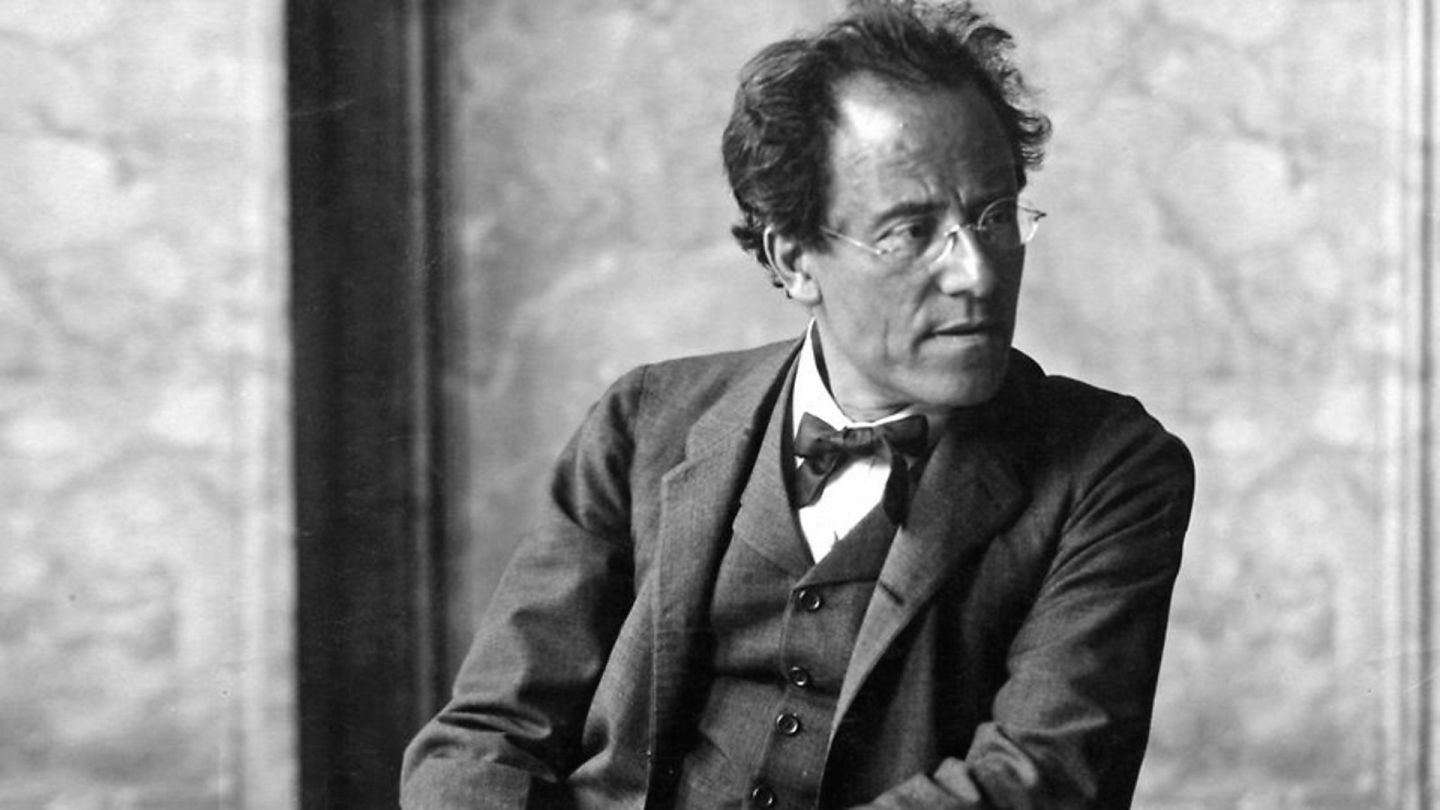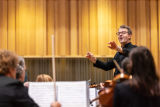Composers’ Final Works
By Celia Casey
Blog ·

Many classical music listeners are fascinated with so-called ‘last works’ – the music that famous composers have written in their last few days, weeks or years on earth. Here are five works written by composers who were soon to depart the earth.
1. J.S. Bach - The Art of Fugue
Despite struggling with blindness in his last years, Bach still continued to compose. His final work, The Art of Fugue, is a set of fourteen fugues and four canons. The last fugue is known as the Unfinished Fugue. It has ends abruptly due to Bach’s sudden death during its composition from complications due to eye surgery. His son Carl Philipp Emanuel ensured that his father’s last masterpiece was published after his death.
2. Mozart - Piano Concerto No.27 in B flat, K595
While there are several theories around the cause of Mozart’s death at the age of 35, we do know that he was very unwell in his final days (composing his Requiem on his deathbed) and living in poverty. Before he was bedridden, he made his final public appearance on the piano for the first performance of his Piano Concerto No.27, the last piano concerto he composed. The performance took place in an old flour warehouse in Vienna on a road aptly named ‘Gate-of-Heaven Road’. It consists of a hopeful first movement, tender and reflective second movement, and sprightly final movement.
3. Mahler Symphony No.10
Mahler was superstitious about death. After realising that many great composers such as Beethoven had only managed to write nine symphonies, he prolonged composing his Ninth Symphony. When he eventually did, and began work on his Tenth Symphony, he felt a huge sense of relief that he had avoided what he regarded as the curse of the ninth symphony. His relief was unfortunately short-lived as he died from a blood infection and never finished his Tenth or was able to hear his Ninth performed. He was also revising his magical Symphony No.4 right up until his death. It is based around a light-hearted song called The Heavenly Life, representing a child’s vision of Heaven.
4. Wintereisse by Schubert
Schubert was confined to his bed and thought to have been dying of syphilis when he began to edit the second book of a collection of songs known as Winterreise (Winter’s Journey). The work is largely autobiographical and centres around a young man’s journey outside on a cold winters night, as he walks off his heartbreak. It was published after the composer’s death.
5. Bartók Third Piano Concerto
Bartók was hospitalised with leukaemia when he began composing his Third Piano Concerto. The work was a present to his pianist wife and he managed to complete all of it except for the last 17 bars. Unlike his more dramatic earlier piano concertos, this last one is more graceful and gentle.



